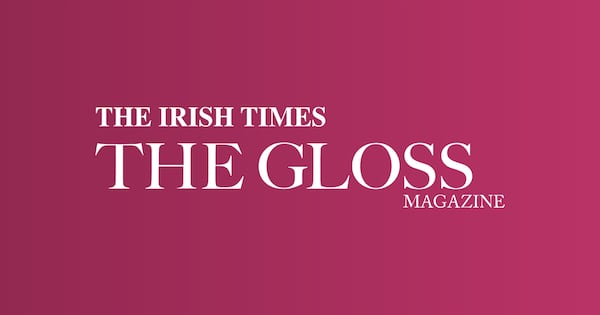The Wild Donegal Tweed Project in Rome showing the cultural value of Ireland’s heritage textile will be displayed at Showcase, the craft and design expo at the RDS in Dublin, this weekend.
In December, an unusual cultural initiative took place in Rome that brought together students of the acclaimed NABA (Nuova Accademia di Belle Arti), the largest art, fashion and design academy in Italy, with Donegal tweed under the creative direction of Milan-based artist, designer and curator Nuala Goodman, who lectures at the academy both in Rome and Milan, and has a distinguished career working with many creative enterprises.


The idea for the Wild Donegal Tweed Project grew out of a discussion last year between Goodman, NABA head of education Silvia Simoncelli and the Irish Ambassador to Italy Patricia O’Brien (the first Irish female ambassador to Italy) at the Irish Embassy, the magnificent Villa Spada in Rome. The aim was to raise awareness in Italy of different aspects of Irish craft and design, and to strengthen bilateral cultural relations between the two countries.
There was immediate and unconditional support from the five main Donegal tweed companies approached to collaborate. Magees, Molloy & Sons, McNutt, Studio Donegal and Triona agreed to donate fabric, more usually used for suits, jackets and throws, to NABA in Rome, on which the students would work and experiment. Most of these companies have illustrious weaving histories that go back more than a century in Donegal.
I feel we’re close now, Meghan, so I can speak freely. The right pitch is crucial in lifestyle hucksterism like yours
As Fergus Finlay and Tom Clonan’s spat escalates, Sarah McInerney relishes the radio gold
No, the Irish who come to Australia are not the ‘worst’
An Irishman in Spain: ‘Salaries are much lower here, but my mental health is far better’
Goodman, following a preliminary detailed briefing, decided to give the students a common shape – cushions – on which to use a variety of textile techniques to explore the expressive potential of a traditional textile. Many of the 30 young students of fashion, design and art curation were Italian, along with others from Latvia, Honduras, Israel, Palestine, Bulgaria and Sri Lanka.

Some of the techniques employed were traditional such as embroidery, felting and patchwork, while others were manipulations using heat press, fabric slashing and weaving with thick tweed fibres. Some students preferred to use the textile in a more conceptual way, highlighting the geographic location of the tweed production or making a connection between the city of Rome and the county of Donegal. While one referenced the symbolism of the traditional Irish Claddagh ring, several laboriously embroidered lines of poetry – on one cushion, a line of WB Yeats was embroidered in alpaca wool collected and handspun in Donegal.

One student showed the she-wolf who nourished Romulus and Remus drinking Guinness, while another attached mother of pearl shells, tweed flowers and grey pearls to the fabric. Elsewhere a cushion was puffed, padded and three dimensional. The wildest treatment was the cutting and recomposition of the tweed. According to Goodman, “the students surpassed expectations and didn’t seem to want to go home at the end of the day”.
The final work was presented at a spectacular event at the Embassy in December, introduced by Ms O’Brien who spoke of the many links between the two countries. The artwork was displayed by two white-gloved students, Francesco and Margherita, who held each piece aloft in turn, one by one, during a talk on the history of Donegal tweed.

The event also highlighted Donegal tweed being on the cusp of gaining PGI (protected geographic indicator) status in Europe, making it one of the first non-agricultural products to have such protection and which, in the words of Patrick Temple, chief executive of Magee and a long-term campaigner for this status, “will be a stamp of approval, a global setting for a local industry”.
The Wild Donegal Tweed Project will be presented at the Showcase design expo at the RDS from Sunday, January 21st to Tuesday, 23rd, courtesy of the Design and Crafts Council of Ireland. There are plans for further exhibitions of the work elsewhere in Ireland. These photographs were taken during the Wild Donegal Tweed workshop at NABA, with thanks to Annalisa Polli, NABA communications and events specialist.















